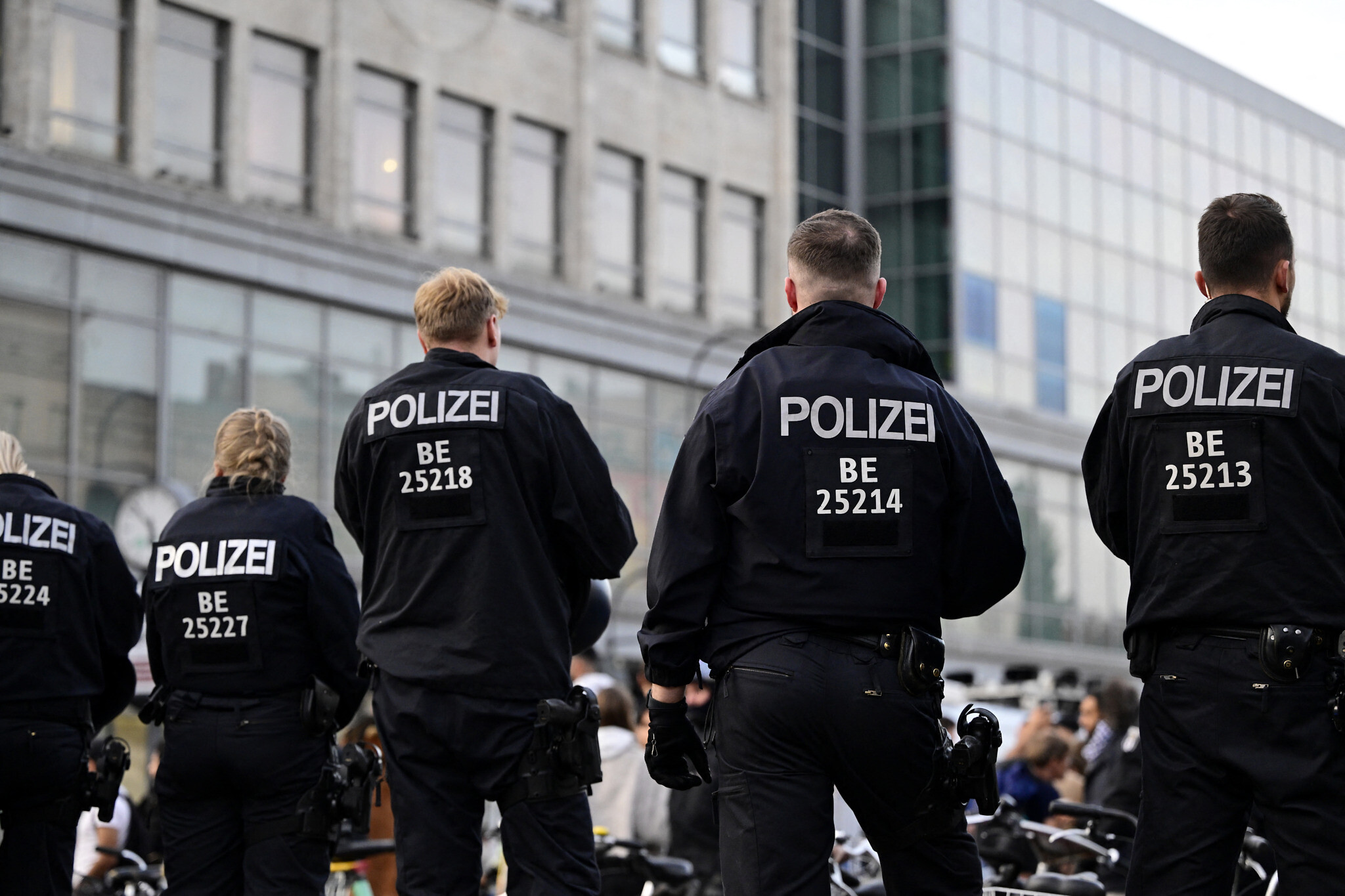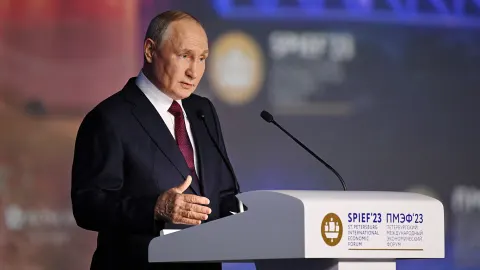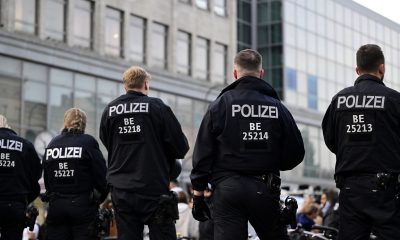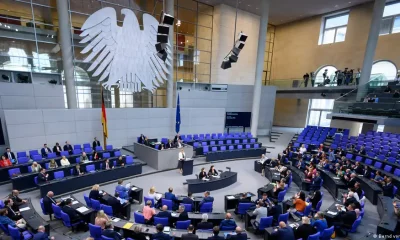Foreign
German sons leave home at average age of 24.5, daughters at 23

More than a quarter of 25-year-old adults in Germany were still living in their parents’ house in 2022, according to figures by the Federal Statistical Office published on Tuesday.
In 2022, 9.2 per cent of people aged 30 were still living with their parents.
Sons continued to live at home longer than daughters: young men were on average 24.5 years old when they moved out, young women were 23.
The average age of moving out in Germany was 23.8 years across genders.
This is relatively early in an EU-wide comparison, where the average age is 26.4 years, the statistical office reported, citing estimates by the EU statistics authority Eurostat.
Southern and eastern European countries had a higher average.
In Croatia, the average age to leave home was the highest in the EU at 33.4 years, followed by Slovakia at 30.8 and Greece at 30.7.
Young people left home earlier in Northern European countries.
In Finland on average at 21.3 years, in Sweden at 21.4 years and in Denmark at 21.7 years, the statistical office reported.
In all EU countries, women were more likely to move out of their childhood homes at a younger age than men.
Foreign
3 teens arrested in Germany for allegedly plotting terror attack

German authorities have arrested three teenagers aged 15 and 16 on suspicion of plotting a deadly Islamist terrorist attack in the western German state of North Rhine-Westphalia, prosecutors said on Friday.
The state’s Central Office for the Prosecution of Terrorism (ZenTer NRW) sought an arrest warrant for the teenagers over the Easter holiday.
They were suspected of plotting a terrorist attack in accordance with the aims and ideology of (extremist militia organisation) Islamic State.
The detained suspects are a 15-year-old girl from Dusseldorf, a 16-year-old girl from the Märkischer Kreis district and a 15-year-old boy from the Soest district, located about 100 kilometres to the east of Dusseldorf.
A fourth suspect has reportedly been identified in the south-western German state of Baden-Württemberg, and the local court there has issued an arrest warrant.
According to the investigators, the teenagers are accused of having agreed to commit murder and manslaughter.
This is in conjunction with the preparation of a serious act of violence endangering the state.
The presumption of innocence applied in all stages of the proceedings.
Security sources told newsmen that the young people had formed a chat group, but had not drawn up a concrete attack plan for a particular time and place.
However, sources said the cities of Dortmund, Dusseldorf and Cologne were discussed as targets, and attacks with knives and Molotov cocktails on people in churches or police officers in police stations had been considered.
The sources said authorities had also conducted searches as part of the investigation.
A machete and a dagger were seized in Dusseldorf, but no evidence of the construction of incendiary devices was discovered.
Sources said the father of the Dusseldorf suspect had already attracted attention from authorities in the past because he had allegedly collected donations for the Islamic State.
The investigators declined to reveal how the suspected terrorists were tracked down, but said that foreign intelligence agencies “did not play a role.”
Foreign
Putin Registers As Candidate For Russia’s Next Presidential Election

Russia on Monday officially recognised Vladimir Putin as a candidate for the presidential elections in March, a vote that he is all but certain to win.
The 71-year-old has led Russia since the turn of the century, winning four presidential ballots and briefly serving as prime minister in a system where opposition has become virtually non-existent.
The Central Election Commission said it had registered Putin, who nominated himself, as well as right-wing firebrand and Putin-loyalist Leonid Slutsky as candidates for the vote.
The election will be held over a three-day period from March 15 to 17, a move that Kremlin critics have argued makes guaranteeing transparency more difficult.
Following a controversial constitutional reform in 2020, Putin could stay in power until at least 2036.
Rights groups say that previous elections have been marred by irregularities and that independent observers are likely to be barred from monitoring the vote.
While Putin is not expected to face any real competition, liberal challenger Boris Nadezhdin has passed the threshold of signatures to be registered as a candidate.
However, it is still unclear if he will be allowed to run, and the Kremlin has said it does not consider him to be a serious rival.













